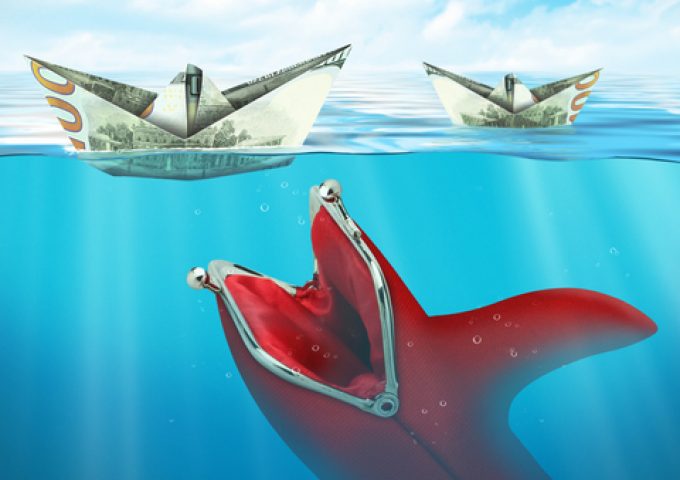News in Brief Podcast | Week 11 | Ocean rates down, uncertainty up
In this episode of The Loadstar’s News in Brief Podcast, host and news reporter Charlotte Goldstone ...

The “mind-boggling profitability” of the container lines has led to industry questions on how they will spend their buckets of cash.
But Randy Giveans, senior VP equity research at Jefferies, revealed to The Loadstar Podcast what one carrier, Zim Lines, is planning to do with its ...

Comment on this article